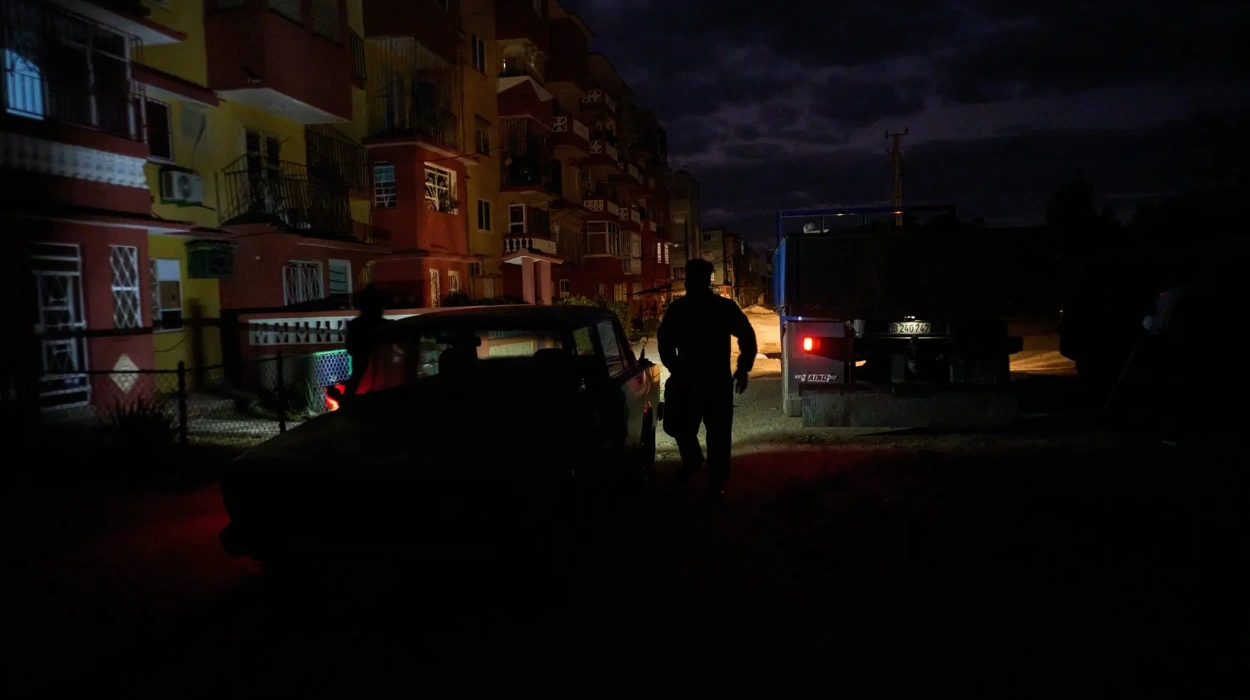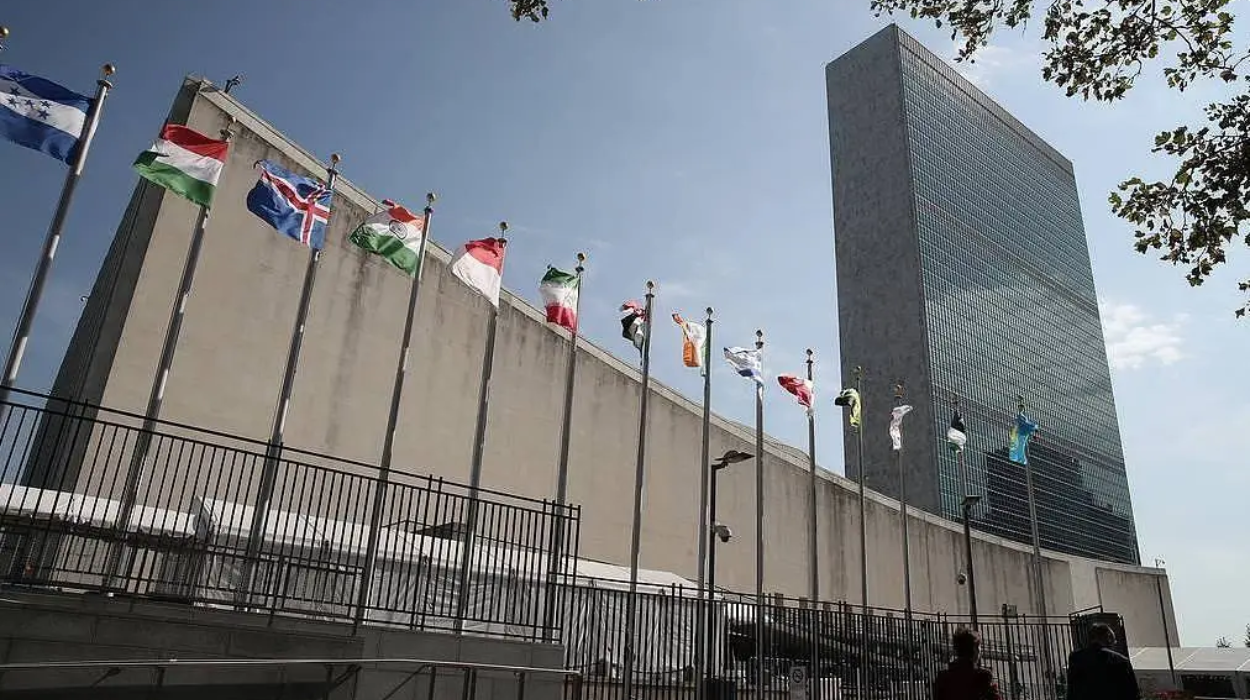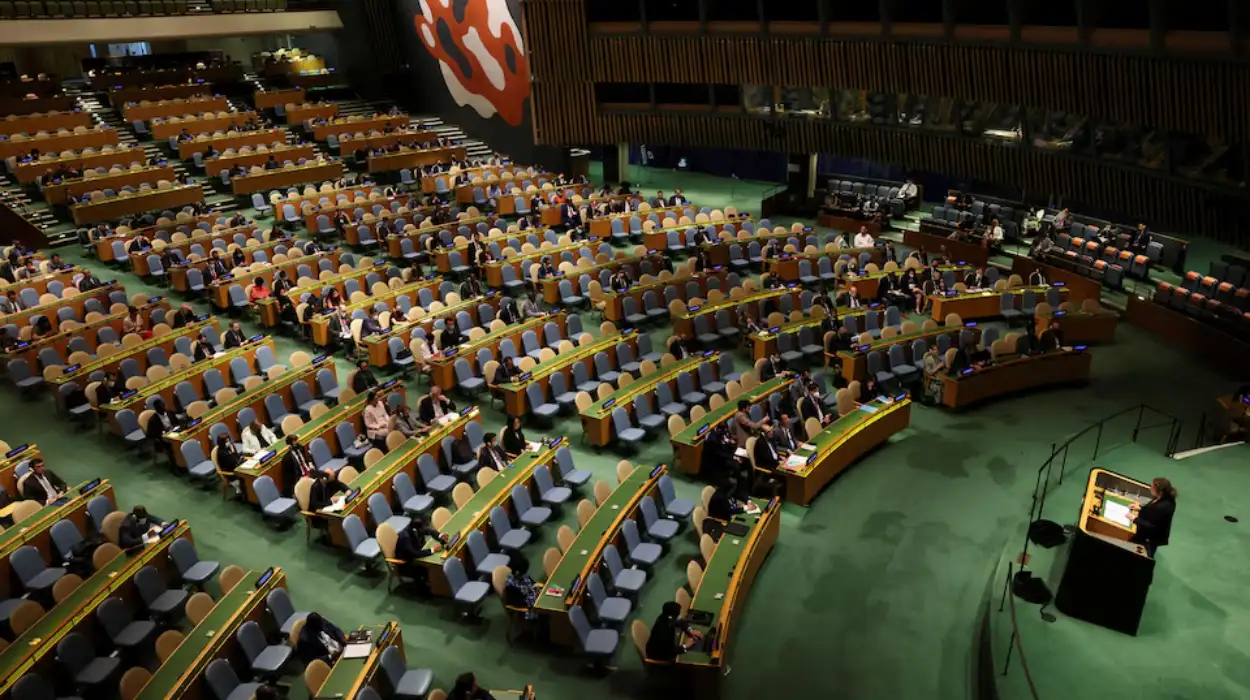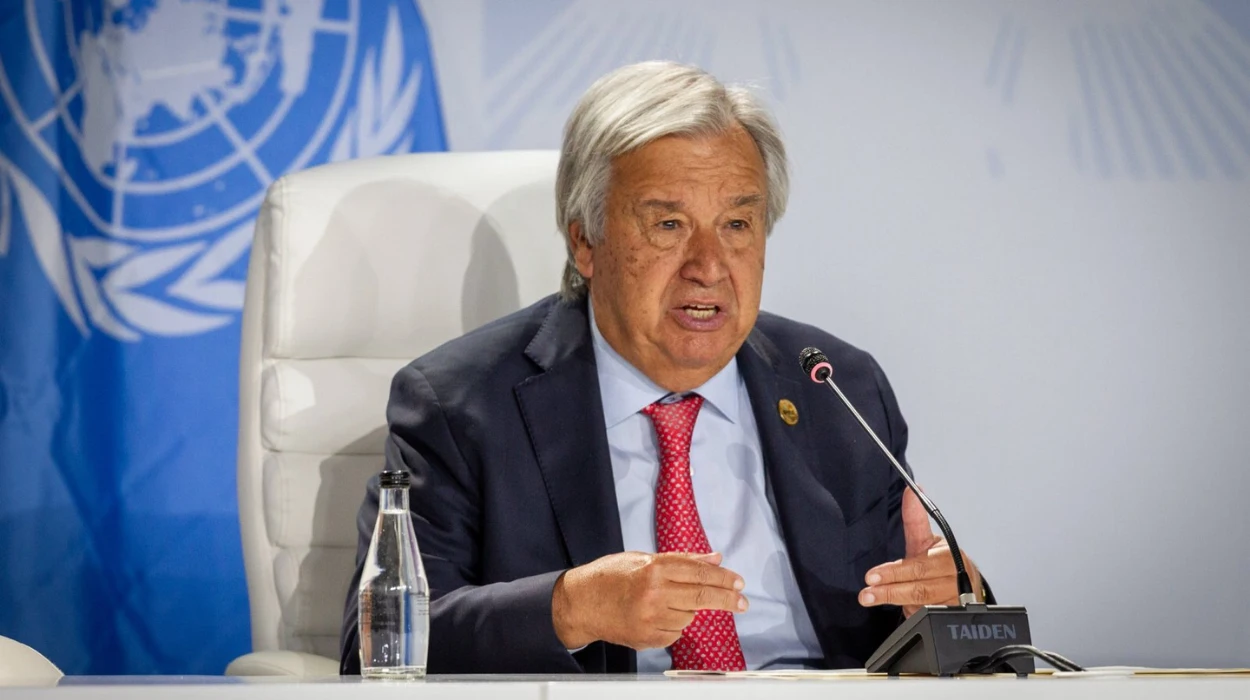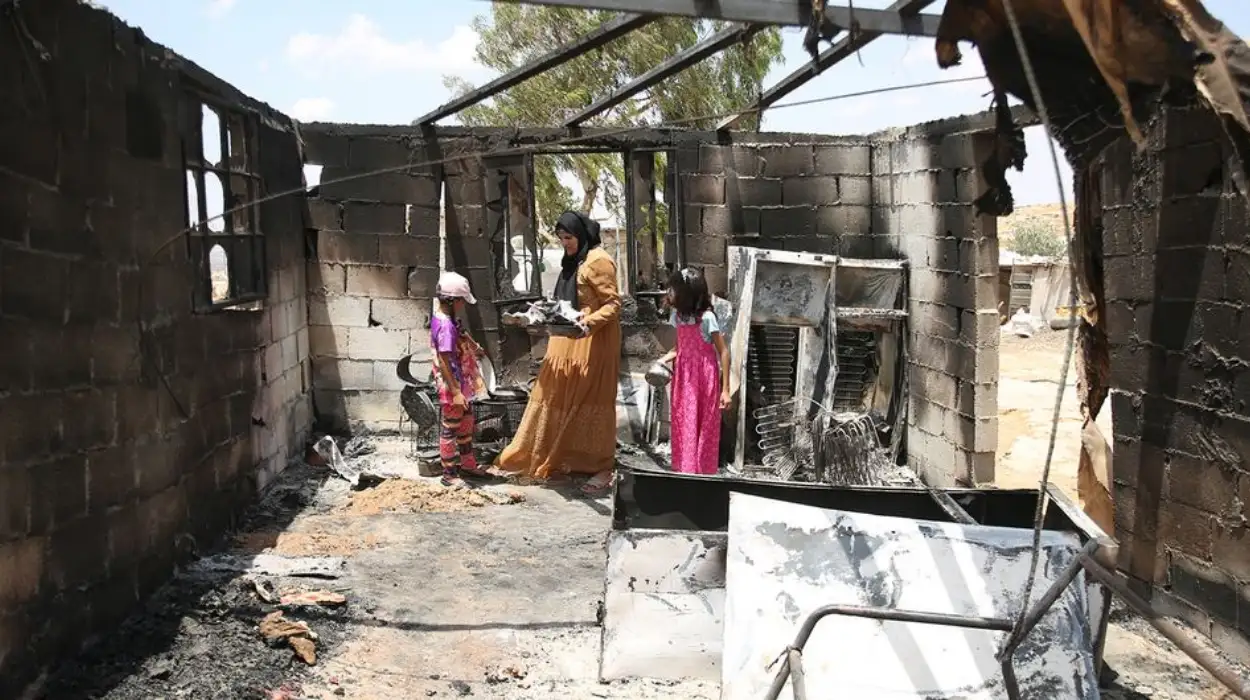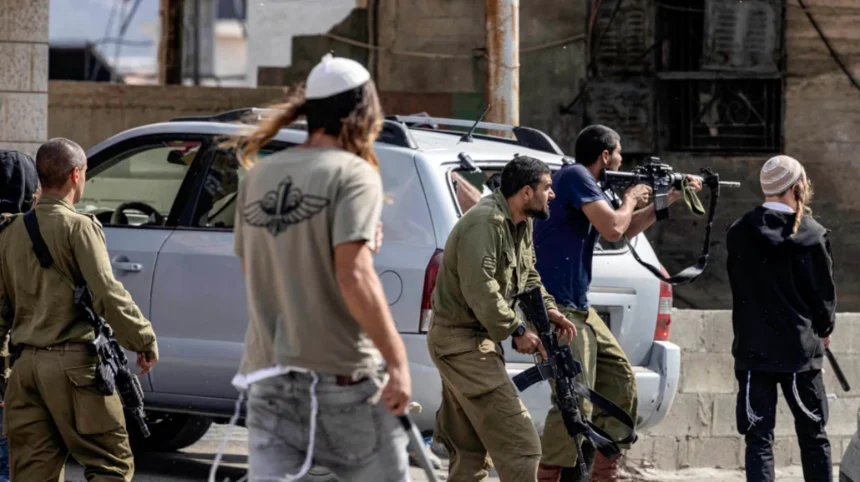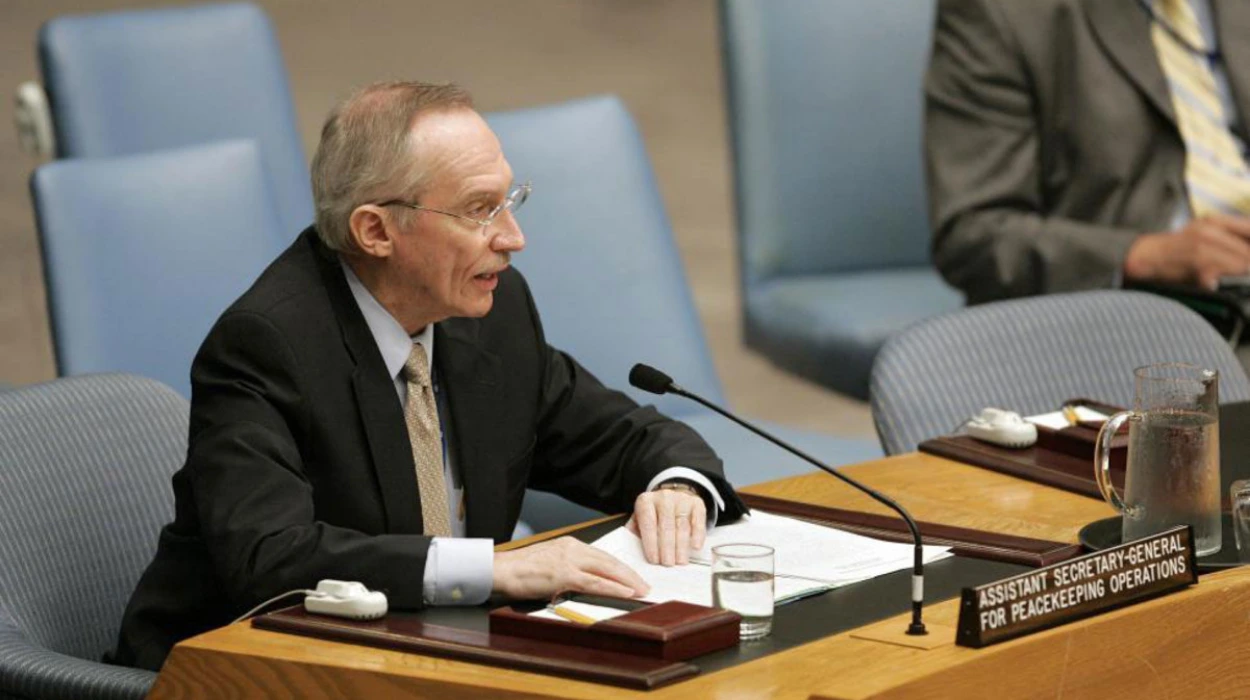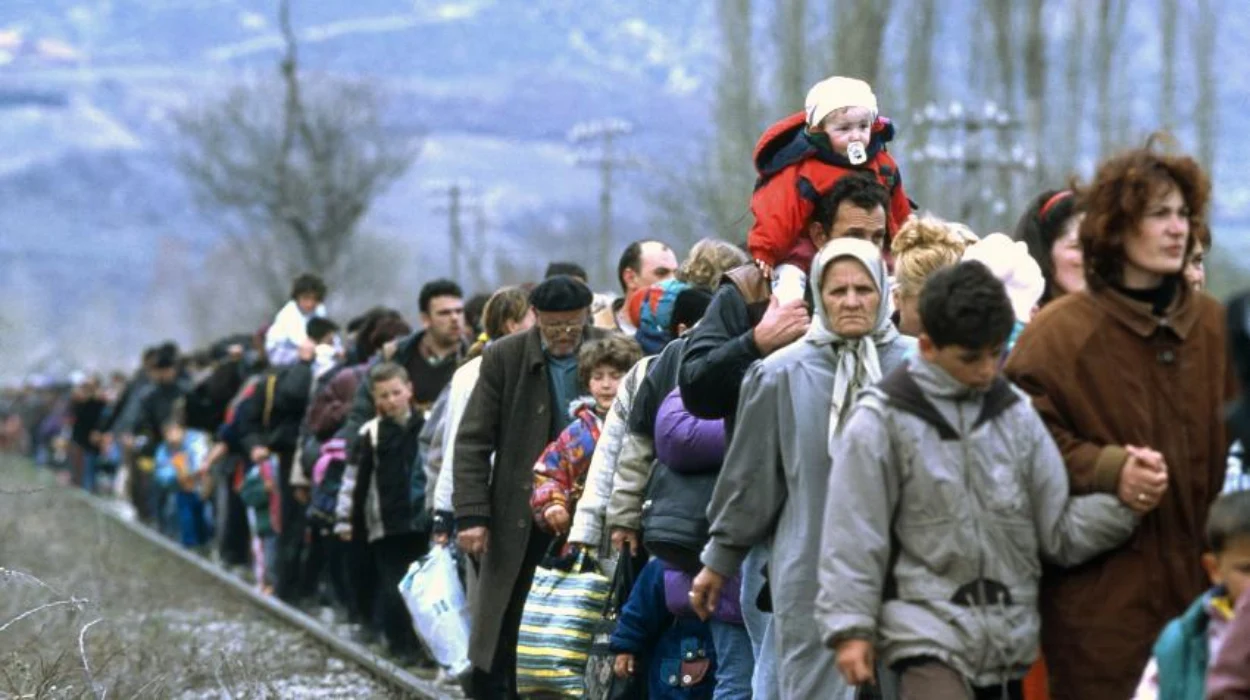United Nations statistics was an in-depth and troublesome revelation of the expanding amount of settler violence against Palestinians in the West Bank, including East Jerusalem. The agencies like the Office of the Coordination of Humanitarian Affairs (OCHA) and the Human Rights Council noted unprecedented rates of assaults, destruction, and displacement, associated with the Israeli set up in the area. The information indicates that it is a long-term and methodical attack of aggression that disrupts existing accounts and brings critical legal and humanitarian concerns.
The recorded trends underscore the fact that settler violence is neither an incidental nor an isolated phenomenon, but a major menace to the Palestinians in terms of civilian lives and territories. The 2025 numbers with evident implications on the already fragile political situation in the region prompt the reevaluation of the human aspect of such violence and the international reaction to it.
Scope and scale of settler violence in 2025
According to the 2025 mid-year report by OCHA, more than 1,000 attacks involving settlers were reported in 230 localities in Palestine in the West Bank in January-August. These were physical attacks, acts of arson, and breaking of residential and farm infrastructures. It was most intense in the governorates of Nablus, Ramallah and Hebron where most of the incidents were reported. In most villages such attacks were frequent at least once or twice a month and therefore showed that there were continual campaigns and not just outbreaks.
The month June 2025 was the deadliest month since 2005 because the number of injuries and deaths reported was almost 100 in the given month. The total number of casualties (Killed and injured) over the first eight months was 11 Palestinians and a total of more than 700 injuries, with settlers accounting to a large percentage of the violence. The Israeli security forces also intervened in some of the incidents either by using live fire or by doing nothing at all.
Destruction of property and forced displacement
In addition to the physical harm, displacement and loss of means of livelihood have been the immediate consequences of settler violence. Almost 700 olive trees, which are the sources of income in the families of the Palestinians, were rooted or burnt. Farm houses and livestock stables were destroyed. The frequent attacks by settlers in Khirbet Samra and other nearby hamlets caused families to demolish and leave their houses, which are among the estimated 2,300 people displaced since the end of 2023.
It has been particularly brutal in Area C of the West Bank which is entirely controlled by the Israelis. In such areas, Palestinians are regularly restricted in their access, which is being exacerbated by a growing settler presence in water sources and grazing areas. Having been deprived of livelihood, coupled with the physical threat, has placed many communities in humanitarian precarity.
Political context and military complicity
Human rights bodies and United Nations observers say that there is an indistinct border between civilian settler actions and official military action. The armed settler group is called a settlement defense squad and is supposed to be in charge of security, yet they tend to start conflicts. These organizations are said to organize or get indirect assistance from Israeli military forces operating in the vicinity.
This has made the role of the state in sustaining violence questionable. Though governmental reports tend to contextualize events as intercommunal violence, the UN has reported several instances in which Israeli troops remained passive in case of settler assaults or they intervened after the situation had deteriorated a lot. Security forces were also seen to apply force on Palestinian residents trying to drive off the settlers in their land, in certain instances.
Expansion of settlement infrastructure
Plans to expand settlements have also been rejuvenated in 2025, especially in the controversial E1 corridor in the area around East Jerusalem. This move is dangerous in severing Palestinian territorial continuity, and has caused criticism by European governments as well as the UN officials. These expansions are correlated with spikes of settler violence in a variety of case studies where land-clearing operations are followed by periods of intimidation against the neighboring Palestinian villages.
The change of policies in Israel has also contributed to the boldness of settlers. Hypothetical changes to the law suggested early in 2025 to legalize illegal outposts have increased another dimension of difficulty since the legal consequences of being a settler are minimized and the Palestinian communities receiving demolition orders are pressured even more.
Humanitarian and legal implications
Settler violence does not only have a humanitarian effect on the immediate physical harm. Entire communities are under the threat all the time, this interferes with schooling, farming, and healthcare. Children in the affected areas usually experience trauma and psychologists in Ramallah and Hebron have recorded increasing cases of anxiety among the minors and post-traumatic stress symptoms.
Assaults made on learning institutions have been heightened. The number of incidents that have been inflicted against schools since 2023 reached 44, which includes vandalism, roadblocks, and physical threats. These activities disrupt access to education of children and their action is against international humanitarian law which mandates civilian infrastructures protection.
Legal constraints and accountability gaps
There is a low level of legal measures in dealing with settler violence. Israeli military courts do not prosecute the settlers much and even when they do, the conviction rates are low. In the meantime, Palestinian residents of Area C experience systemic restrictions in getting construction permits, which have led to regular demolitions of residential buildings, and government buildings.
The transfer of civilian population to occupied territories, as well as destruction of property that is not based on military necessity is banned by international law and especially the Fourth Geneva Convention. Nonetheless, there are few enforcement mechanisms. Although the EU and some of the member states in the UN have sanctioned specific individuals that have been involved in violence, the wider accountability has not been achieved.
UN officials have called on more aggressive international action involving the use of civilian protection missions, or monitoring organizations. Such calls are, however, not welcomed in the Security Council, as well as Israeli authorities that consider such actions as a violation of sovereignty.
Influence on peace prospects and international diplomacy
Settler violence also increases in 2025 further complicating already frail peace-building activities. The attacks increase resentment, stimulate revenge sentiments and strengthen the idea that peaceful negotiation is impossible. The Palestinian leaders claim that when there is no international leverage on the issue of settlement activity, then the credibility of diplomatic avenues is challenged.
The fact that mistrust is increasing has led to stalemate efforts to restart negotiations. The violence has given strength to more extremist groups in both Israeli and Palestinian politics against which there exists no room to compromise. In July 2025, the UN Special Coordinator Tor Wennesland told the government that the dialogue lines may fall apart because of unchecked settler violence.
International engagement and future strategies
The role played by the international community is crucial. UN data is a source of humanitarian aid distributions, diplomacy and advocacy of the law. Surveillance systems have enhanced documentation, yet there is still a problem of how to translate such results into policy intervention.
As humanitarian needs increase, donor fatigue threatens response capacities. Aid agencies warn that unless violence is curbed, the West Bank may face a deeper crisis marked by mass displacement and institutional collapse in fragile communities. Strengthening civilian protection and enhancing accountability measures could form part of a longer-term strategy, but these require political will that has so far been inconsistent.
The patterns revealed in the UN’s 2025 reporting compel not just documentation, but strategic intervention. Understanding settler violence as a structural, rather than incidental, phenomenon invites more robust international engagement and a rethinking of long-standing assumptions around conflict management in the Israeli-Palestinian context.


